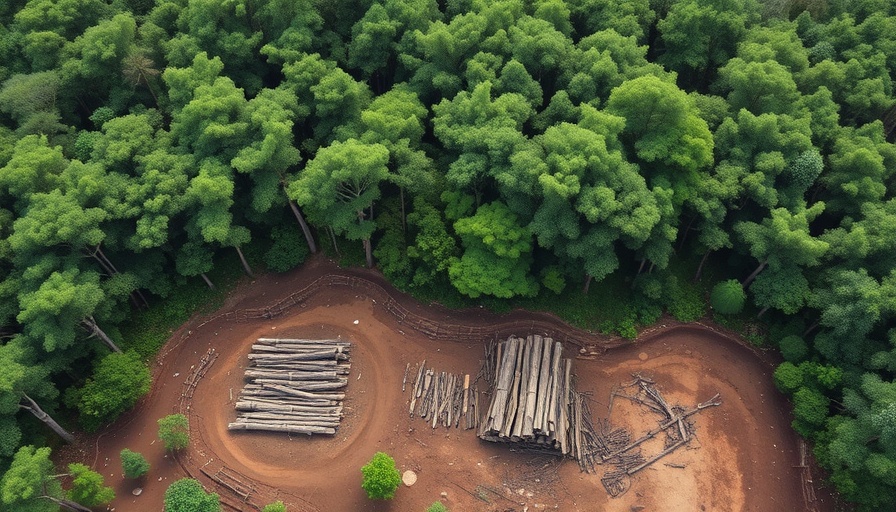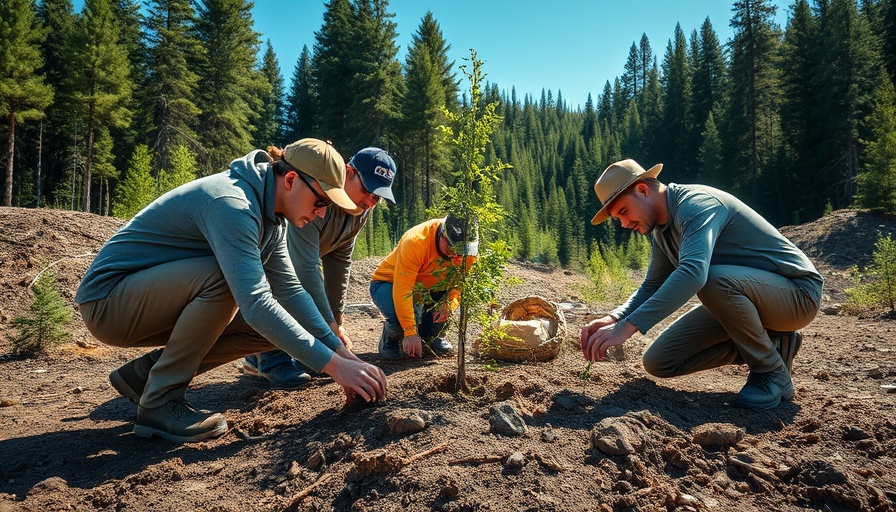
The Dark Side of Timber: Illegal Logging in the Brazilian Amazon
A recent investigation by the Environmental Investigation Agency (EIA) reveals that illegal logging practices are not just rampant in Brazil's Amazon rainforest; they have infiltrated markets in the United States and Europe too. This alarming discovery has significant implications for both environmental conservation and the integrity of global trade.
Understanding the Scope of Illegal Logging
Despite strict regulations like the U.S. Lacey Act and the EU Timber Regulation designed to combat the import of illegally sourced timber, approximately one-third of the timber extracted from Brazil's Amazon states is suspected to be illegal. The EIA's report, titled "Tricks, Traders and Trees," uncovers how criminals exploit governmental loopholes and deploy sophisticated falsification techniques to launder timber, which then enters supply chains in major global markets.
The Impact on Health and Environment
For health-conscious individuals, the repercussions of illegal logging extend beyond environmental degradation. Deforestation threatens biodiversity, which in turn can affect ecosystems that contribute to human health, from clean air to sustainable food sources. The export of illegally sourced timber undermines legitimate businesses and accelerates the destruction of irreplaceable natural resources.
Future Predictions: What Lies Ahead
As awareness of illegal logging grows, consumers increasingly demand responsibly sourced products. This shift is likely to prompt stricter regulations and a more rigorous enforcement of existing laws. Emerging technologies, such as blockchain for supply chain transparency, could play a vital role in ensuring that consumers can confidently purchase wood products without contributing to environmental harm.
Empowering Consumers: Actions to Take
By choosing brands that prioritize sustainability, consumers can help combat illegal logging. Every decision counts; opting for verified timber products not only supports environmentally friendly practices but also puts economic pressure on those exploiting vulnerable ecosystems.
In conclusion, staying informed about the timber products we use and where they come from can drive significant change in both our health and the health of our planet. Join the movement towards sustainability—choose responsible timber products to ensure a better future for our forests and ecosystems.
 Add Row
Add Row  Add
Add 




 Add Row
Add Row  Add
Add 



Write A Comment